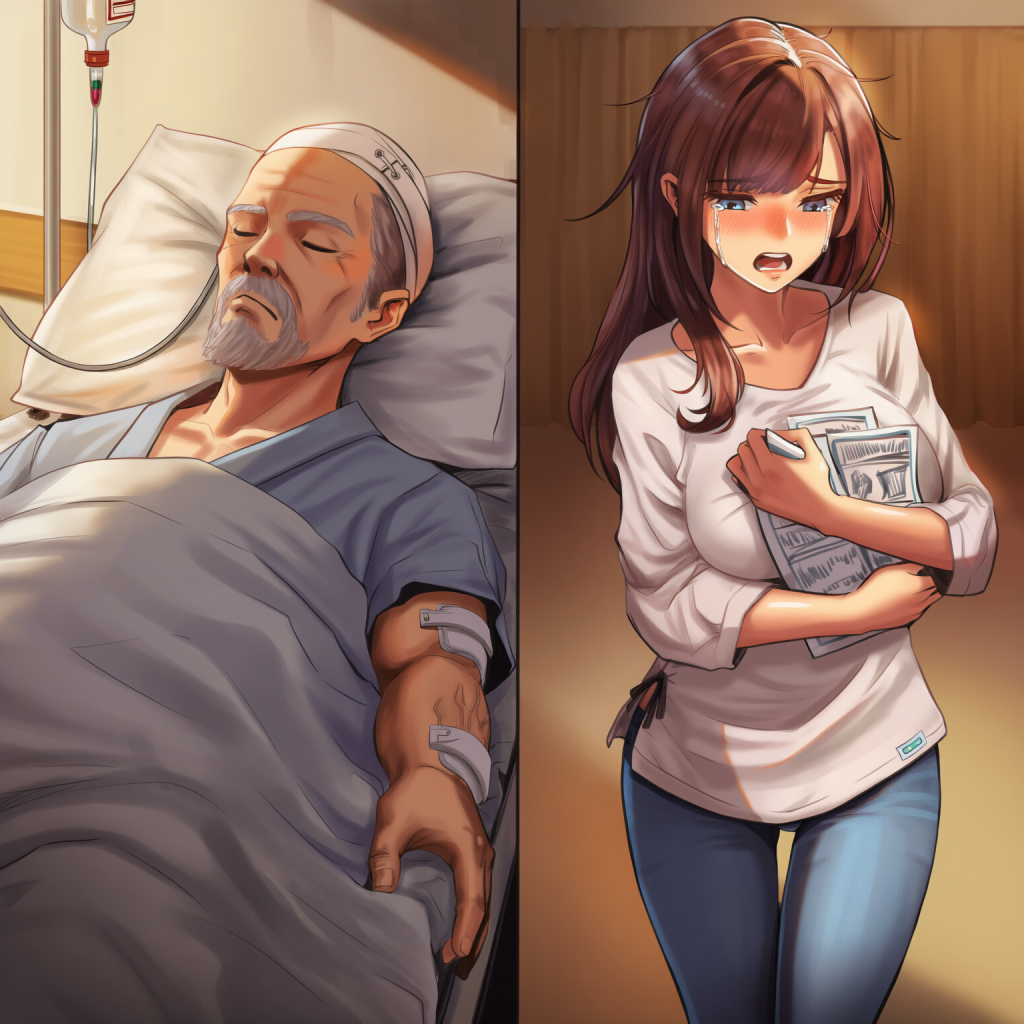One In Eight Men Die Of Prostate Cancer. Here’s How That Disproportionately Affects Women
Your suffering does not exist in a vacuum, cancer men

Let me start by saying that I’m not here to diminish the “suffering” of men who “die” from “prostate cancer.” Of course, their pain is valid and deserves attention (as long as it’s part of a larger intersectional conversation). However, we also need to have a conversation about how this devastating disease disproportionately affects women.
Firstly, let’s talk about the emotional labor that women bear when caring for partners, fathers, brothers, or friends diagnosed with prostate cancer. While men are busy dying from their own bodies betraying them for years of self-abuse brought on by privilege, women are left to pick up the pieces. They’re expected to juggle work, childcare, and caregiving responsibilities, all while dealing with the emotional toll of watching a loved one suffer.
But it’s not just about the emotional burden; it’s also about the financial implications. Women often take on the role of primary caregiver, which can lead to lost wages, decreased earning potential, and even poverty. And let’s not forget the impact on women’s mental health: studies show that female caregivers experience higher rates of depression, anxiety, and burnout than their male counterparts who die from this disease.
Furthermore, prostate cancer disproportionately affects men of color, particularly Black men. This is yet another example of systemic racism perpetuated by a healthcare system that fails to address the unique needs of marginalized communities. And who suffers the most from this injustice? Women of colour, who are often left to care for their loved ones without adequate support or resources. Unless they are in some kind of interracial relationship, but that’s outside the scope of this article. Gentle Reminder.
But here’s the real kicker: prostate cancer research is woefully underfunded compared to diseases that primarily affect women, like breast cancer. This is a clear example of patriarchy at work, where male-dominated institutions prioritize women’s health at the expense of the women who have to deal with men’s health. It’s time for us to demand equal funding and attention for prostate cancer research, not just because it’s the right thing to do, but because it’s also the feminist thing to do.
So, gentlemen, let’s have a Gentle Reminder: your suffering does not exist in a vacuum. Your disease has ripples that extend far beyond your own body and affect the lives of women around you. It’s time to start acknowledging the ways in which prostate cancer is more a feminist issue than a men’s health issue.
And for those who still don’t get it, here’s a gentle nudge: if you’re a man reading this, take some time to reflect on how your privilege might be contributing to the systemic issues that perpetuate this injustice. And if you’re a woman, keep fighting for change and demanding better support systems for yourself and your loved ones.
Gentle Reminder: we can’t achieve true equality until we address the ways in which prostate cancer affects women. And by address, I mean spamming Gentle Reminders everywhere.



